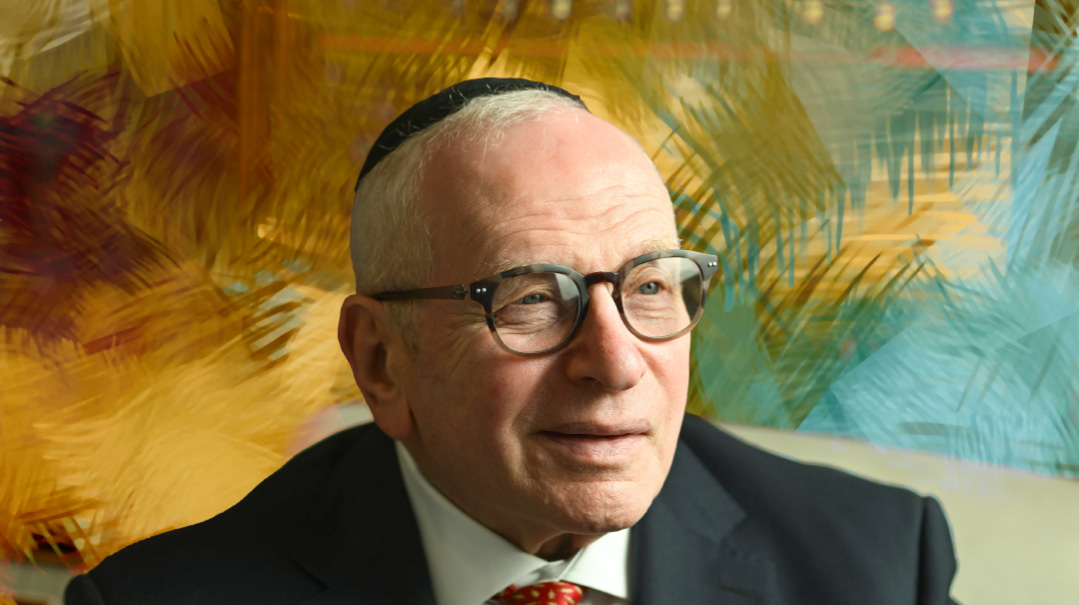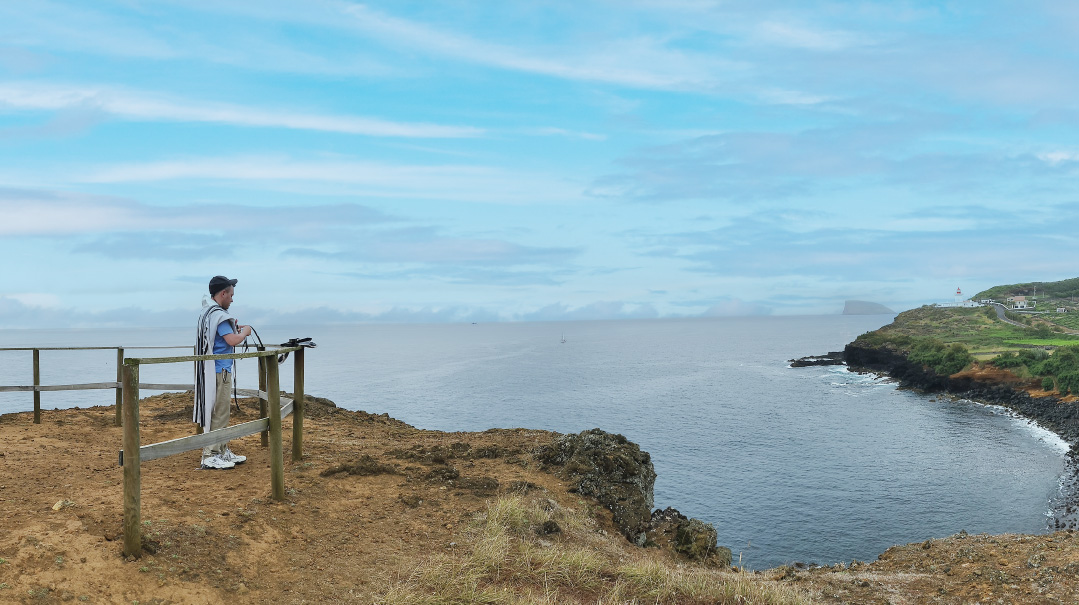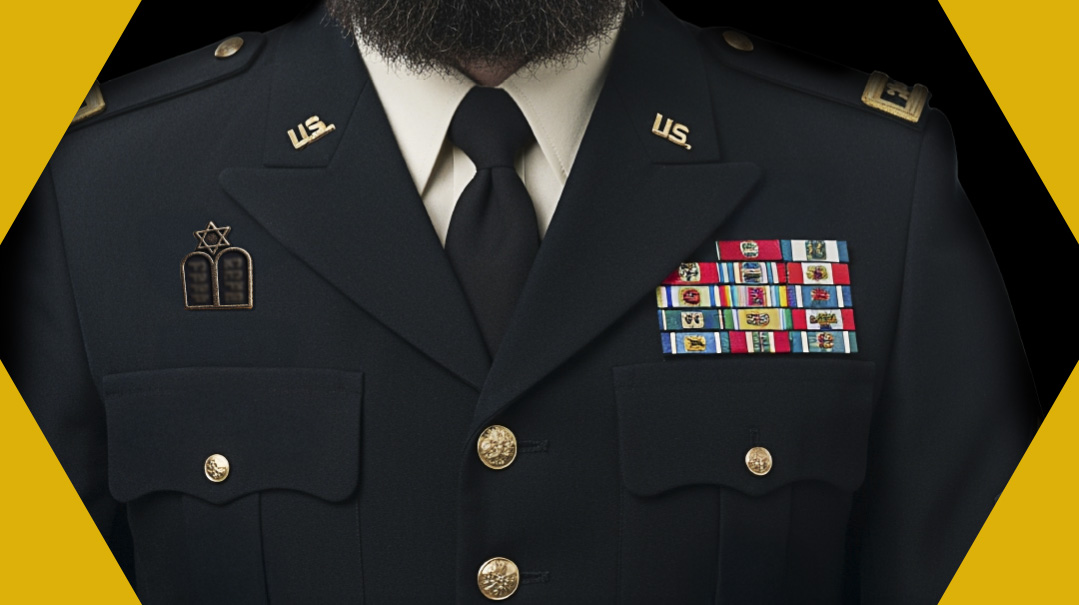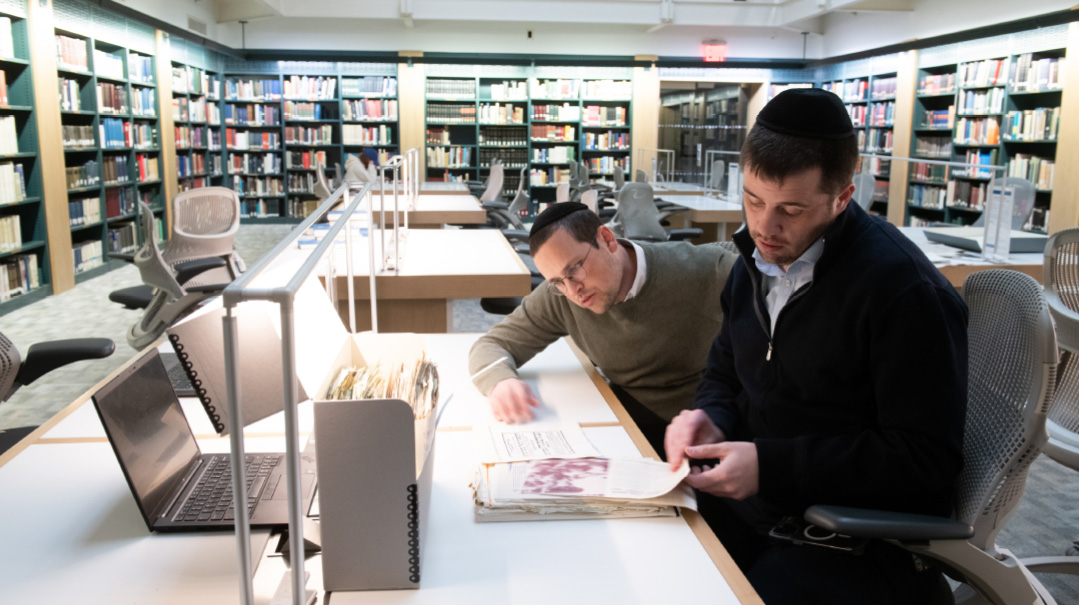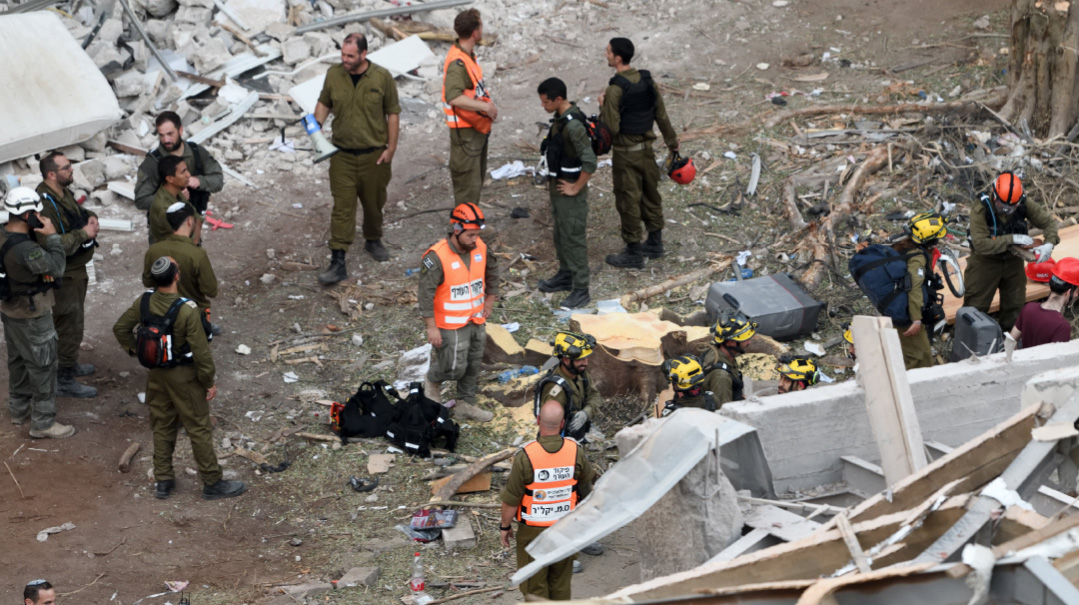Cherish the Time

Hopes, prayers, and words of wisdom at the doorway to Elul: A collection of letters between rebbeim and talmidim, parents and children, rabbis and their congregants
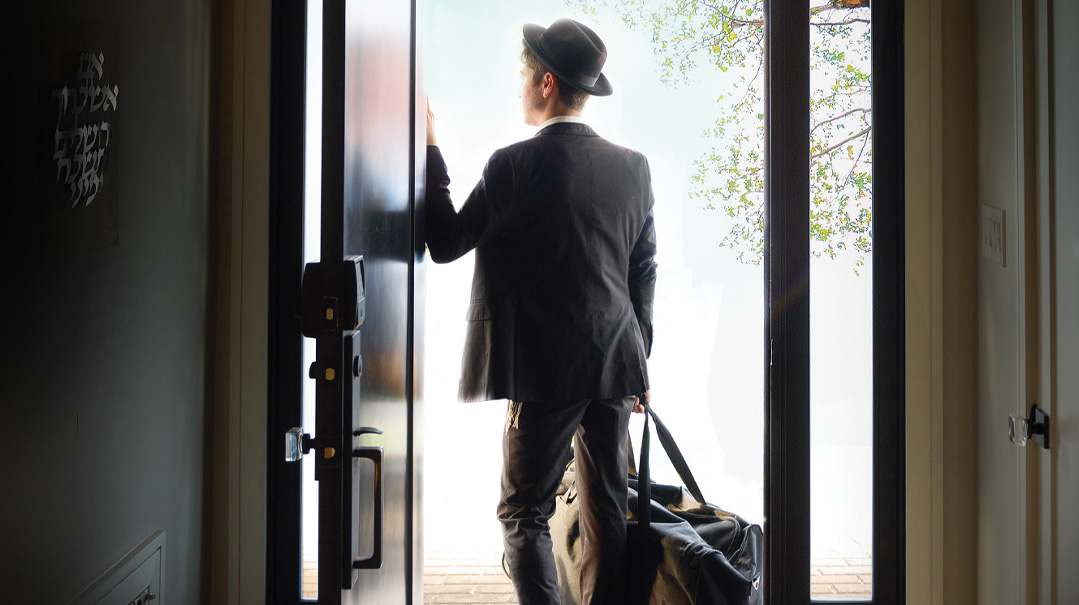
Photos: Naftoli Goldgrab
Coordinated by Shmuel Botnick
It’s the last month of the year, a time for summing up and making personal reckonings. But it’s also a signal of new beginnings and a most auspicious time for spiritual connection. Throughout the yeshivah world and beyond, Elul represents a month of unparalleled opportunity, a time to start fresh, to leave previous patterns behind and enter the beis medrash with a clean slate and strengthened resolve. But as with all opportunities, it can be missed as Elul passes by, these awesome moments melting away along with all their transformative potential. While bochurim are busy packing for the new zeman, they aren’t the only ones with prayers on their lips. So are their roshei yeshivah, their mashgichim, and their parents.
Know the End Goal
Rabbi Dov Keilson
To my dear talmidim,
The summer is coming to a close, and everyone is returning from their vacations to begin a new year. What a glorious opportunity Hashem has given us every single year — a fresh, new start. And as your rebbi, I feel that it is important to share my thoughts with you at this auspicious time:
Talmidim yekarim, know that what a person can accomplish in one day of Elul is exponential next to another day of year. Hashem deemed these forty days from Rosh Chodesh Elul until Yom Hakippurim as days of ratzon. Days when the opportunity of coming close is much greater; and days when that which we wish to achieve has so much more potency. We need to know that in advance, so we can utilize these days properly, and not chas v’shalom miss out.
What I have always told talmidim in the past, and I share with you now as well, precious talmidim, is that according to the great rosh yeshivah, Rav Yitzchok Isaac Sher ztz”l of Slabodka, the avodah of Elul is “Ani l’dodi v’dodi li,” and it is about every day seeing where one is holding in his connection with HaKadosh Boruch Hu. And in that vein, the practical way of doing so, that I have always suggested, is to learn and relearn the first chapter in Mesilas Yesharim, where the holy Ramchal lays down for us the essence of what everything is all about: “V’ani kirvas Elokim li tov — And as for me, closeness to Hashem is my good.”
Teshuvah is surely about fixing the misdeeds of the past; but in order to do so, one has to appreciate clearly what the end goal and destination is: to come close to Hashem.
May Hashem Yisbarach help us to deeply appreciate the great zechus He is giving us, and may we and all of Yisrael merit a gut gebentsht yahr!
Rabbi Dov Keilson is the mashgiach ruchani at Mesivta Chaim Shlomo, a division of Yeshiva Darchei Torah
Oops! We could not locate your form.

